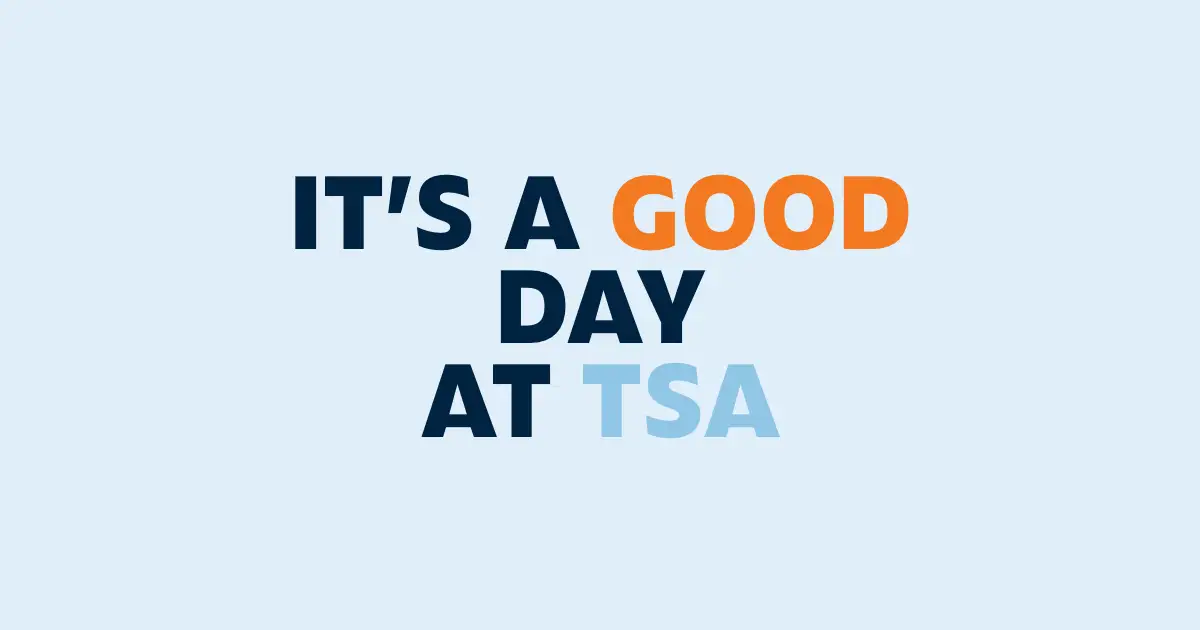September marks National Suicide Prevention Awareness Month, a time to remember lives lost to suicide as well as raise awareness about this urgent public health crisis. The goal is to end the stigma, spread messages of hope, and share resources to prevent suicide.
While the focus is often on youth mental health, many older adults experience significant mental health crises.
Suicide Rates Among Older Adults
Suicide rates are on the rise among older adults, particularly men. According to a 2023 report by the Centers for Disease Control and Prevention (CDC), there has been an increase in the age-adjusted suicide rate since 2021.
In fact, in 2021 and 2022, people ages 75 and older had the highest suicide rate among all age groups, largely driven by males, according to the report.
Some key points of data from Health Affairs:
- Men have substantially lower rates of mental illness than women but higher rates of suicide
- Suicide rates among older women are markedly lower—with the lowest among those 85 and older.
- In 2021, men 85 and older experienced a crude suicide rate nearly 17 times that of women of the same age.
- Non-Hispanic White adults aged 85 and older generally had the highest suicide rate over time.
- Older adults with depression in the past year are more likely to have suicidal thoughts than those without depression.
People with a diagnosable mental illness and those in treatment for a mental illness are at a significantly elevated risk of suicide, yet most completed suicides among older adults do not involve a diagnosable mental illness.
Suicide Risk and Older Adults
Besides the fact this population is growing at a rapid rate, older adults face their own set of stressors and challenges associated with aging. Some have lived with a diagnosed mental health condition, such as depression or anxiety, for many years.
The aging process may compound the impacts of mental illness initially experienced at younger ages. In fact, dementia and depression are closely linked; a review of several studies found that people with depression are about twice as likely to develop dementia.
Even normal age-related mental decline can be hard to accept. People often delay or avoid seeking a diagnosis for conditions such as Alzheimer’s disease and dementia.
Older adults also experience passive suicidal thoughts and have more varied risk factors. Other challenges that impact mental health include:
- Loneliness and isolation
- Chronic pain and health issues
- Anxiety and depression
- Involuntary retirement, loss of income
- Reduced mental sharpness and memory
- Mental health issues related to dementia
- Medication mismanagement
- Feeling like a burden to others
- Financial worries
- Loss of independence
- Loss of spouse, friends, social networks
In addition, mental distress can lead to a downward spiral related to self-care, household duties, daily living responsibilities, and social activities.
Warning Signs of Suicide
If you are a caregiver or family member, you should pay attention to the warning signs of suicide. Be on the lookout for changes in behavior or verbal comments that your loved one is experiencing a mental health crisis or thinking about suicide.
- Change in behavior or entirely new or risky behaviors
- Feelings of sadness, hopelessness, or anger and irritability for more than two weeks
- Traumatic event such as health diagnosis, financial problems, addiction, death of a loved one, or loss of a relationship
- Talks about suicide or self harm, feeling hopeless, being a burden or unbearable pain (emotional or physical)
- Sleeping too much or too little, insomnia
- Isolating from family, friends, and social activities
- Visiting or calling people to say goodbye
- Giving away possessions
- Aggression or depression
- Increased use of drugs and alcohol
Barriers to Mental Health Treatment
Many older adults resist the idea of psychotherapy or cognitive behavioral therapy due to pride, shame, religious views, or how they were raised. Other barriers to mental health care include:
- Cost of copays and therapy visits
- Lack of therapists who specialize in treating older adults with mental illnesses
- Long wait times to access care
- Frequent isolation
- Chronic health problems and mobility issues
- Lack of transportation to make therapy appointments
Recent policy changes to improve access to behavioral health care in the Medicare program are a positive step in supporting older adult mental health. Interventions that have been shown to decrease suicides among older adults include:
- Implement suicide risk assessments and mental health questionnaires in the primary care setting.
- Increase screening for suicidality in non-traditional behavioral health settings, such as in libraries, pastoral/religious settings, or other community-initiated outreach.
- Provide various social services and supports that encourage older adults to seek help.
How The Senior Alliance Can Help
The Senior Alliance offers a variety of programs for older adults to support social interaction, improve quality of life, and connect people with support services. We want you to Live Your Way, and that includes addressing emotional, mental, and spiritual well-being.
Caregivers also face many challenges related to caregiving for an aging loved one that may contribute to poor mental health. Feelings of depression, stress, and burnout should not be ignored. If you are a caregiver struggling with mental health, contact a mental health professional for support. You can also visit our Caregiving Haven portal for guidance, tools, resources, and connections to help yourself and your loved one.
In addition, we know faith plays an important role in the lives of the people we serve, and many older adults rely on their spiritual practice to see them through hard times. We welcome members of the faith community and anyone who is interested in attending our Faith-Based Summit 2024 from 9 a.m. to noon on October 8 to share resources and learn about the needs of our older community residents.
Mental illness and suicide do not discriminate. We want to help end the stigma and support older adults who may feel isolated and alone. Visit The Senior Alliance to learn about all of our support services designed to help you or your loved one connect with the appropriate resources.
Frequently Asked Questions (FAQs)
- What are the warning signs of suicide in older adults?
Warning signs can include major changes in behavior, persistent sadness or hopelessness, talking about being a burden, withdrawing from social activities, or giving away personal possessions. Caregivers and family members should take these signals seriously and reach out for professional help immediately.
- How can The Senior Alliance support older adults facing mental health challenges?
The Senior Alliance offers programs that reduce isolation and improve well-being, such as Friendly Reassurance phone calls, Meals on Wheels and other nutrition programs, transportation, and care management.
For caregivers, our Caregiving Haven provides tools and resources to manage stress and find support. You can also call our Information & Assistance team at 734-722-2830 to learn about programs available in your community.
If you or a loved one is in immediate emotional distress, dial 988 to connect with the Suicide & Crisis Lifeline for 24/7, confidential support.









